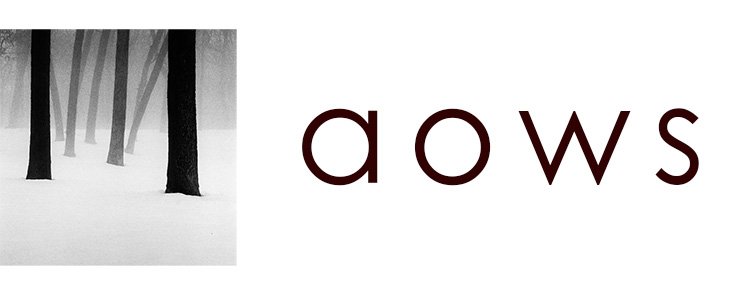In this day and age where AI is starting to take over photography (see: portraits of people that don't exist made by AI, one is tempted to think that photography is doomed.
I believe this might open new opportunities for (human) artists, actually.
Computers can be trained to recognize good art: show them drawings, sculptures, paintings, writings, photographs... from the last few thousand years, and they might come up with something amazing by any traditional standard.
There's one thing that differentiates humans and computers, though. Computers start wide and they go narrow, getting better and better at the specific task they have been commended to do. On the contrary, humans have the ability to suddenly go off the script and create something that no one -or very few- have done before.
We have examples all over history, new and radically different ideas can appear at any moment and spread like fire. There are moments in history that can only be described as huge leaps in human progress, usually attained by breaking with all the norms from the past.
For example, think of what the Beatles did to rock and pop music.
This is something a computer can't do: they always move towards a goal that can be measured, they have to know if they are moving in the right direction. With generated photographs, they create something similar to what they've seen through training, the more similar the better.
Even if they were allowed some departure or even randomness on their "creative thought", what would happen if no one likes their art?. Consider Van Gogh, he was seen as a failure when he was alive and his work only gained popularity years after his death. Would we allow a computer to keep making something we see as a failure, or would we shut it off?
I think that while capturing the world as it is is a relatively easy task for a computer, creating meaningful new art is something still reserved for humans. For now.
